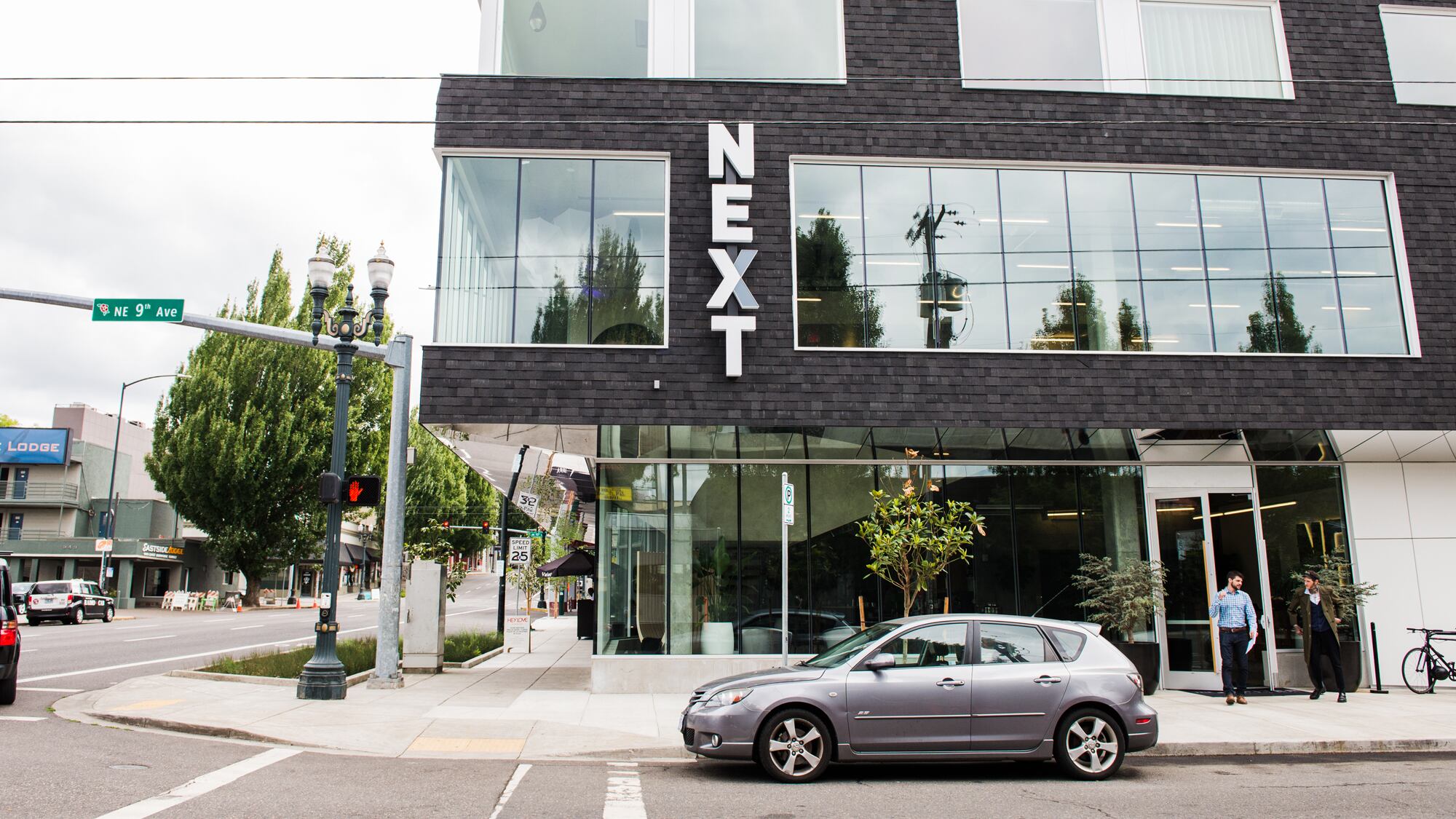Portland City Council is slated to vote next week on a revised agreement with Multnomah County and the regional planning agency Metro that could provide up to $5.25 millions a year toward funding services to address homelessness.
The Metro council is also slated to vote on the intergovernmental agreement, which divvies up local hotel and car-rental taxes between local agencies.
The problem: County officials are not on board—and they need to be for the funding changes to occur.
The new Visitor Facilities Intergovernmental Agreement—at least, the version City Council and Metro Council are slated to voted on—would for the first time include funding to address homelessness.
But that would not necessarily be a stable source of funding, the county argues.
That's because the funding for services could be cut in the event of a downturn in revenues without a renegotiation between the city, county and Metro. Instead, a new oversight committee would be created to reallocate money in the event of a tourism downturn. (Homeless services may be the low priority, the county argues, and be cut first.)
Kafoury says she is "actually dumbfounded" by the decision for the city and Metro to proceed with a vote in advance of an agreement with the county.
"The mayor has said that homelessness is his number one priority," Kafoury tells WW. "Travel and tourism has said it's a huge issue for their industry. And we know we need money to solve this issue. I just don't understand why when we've all said that publicly and privately we can't get to an agreement."
"The agreement I'm looking for is some stability in dollars to help get people off the streets and into housing," Kafoury adds.
The first of these IGAs, signed in 2001, was initially created to fund an expansion of the Oregon Convention Center. The agreement was revised in 2013 to finance a Convention Center hotel.
The IGA, funded by a 2.5 percent tax on hotel rooms and car rentals, brought in $21 million last fiscal year, with the vast majority being spent on bonds.
The new agreement does not raise taxes but rather reallocates surplus funds that already exist—or that are projected to exist once bonds, including those for Providence Park stadium, are paid off.
The allocation for homelessness, officially titled Livability and Safety Supportive Services, would grow to $5.25 million by fiscal year 2022-23.
Other changes in the IGA include a one-time allocation of $2 million for a new acoustics for the Arlene Schnitzer Concert Hall (which would be matched with private dollars), as well as authorizing $40 million for the Veterans Memorial Coliseum and $40 million in bonds for the five performance venues in downtown, including the Schnitz.
Kafoury has consistently championed increased funding for homeless services. And this is a significant chunk of money, but a fraction of the money that is estimated to address the services needed to address homelessness.
Related: One Cost Estimate to Solve Portland's Homelessness Problem? $640 Million Over 10 Years
The county, city and Metro agreed back in February to the concepts for the changes to the IGA and have been counting on the funding to help fund apartments for the lowest-income Portland residents that are built with Metro's $652.8 million affordable housing bond, passed by voters in November.
City officials defend the deal, arguing the oversight committee allows them to be slightly less conservative in their financial projections.
"This updated agreement has the potential to be a win-win-win: more funds for key arts and entertainment venues, new funding for housing and homelessness, and no increase to taxes, which will ensure travel and tourism are robust contributors to our economy and community," says Michael Cox, chief of staff to Mayor Ted Wheeler in a statement.
Kafoury and Wheeler were scheduled to meet this afternoon at 4:30 pm.
